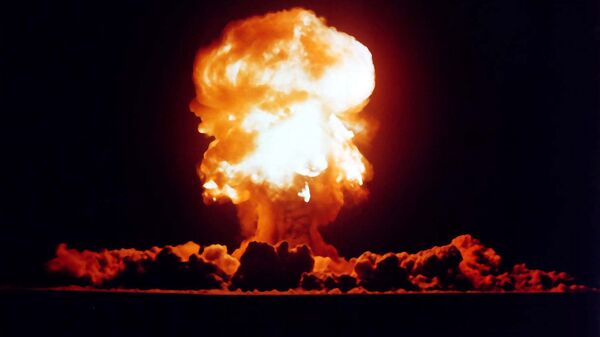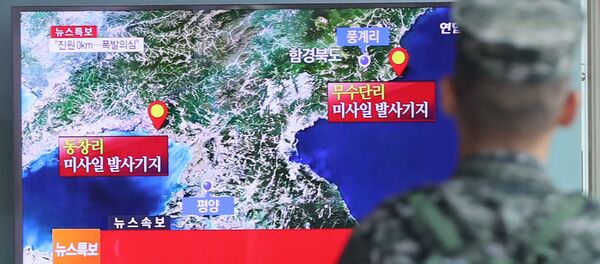"They say the resolution cannot substitute the process for Senate advise and consent for ratification, which it does not, and that was reaffirmed by Secretary [of State John] Kerry," Zerbo said.
On Friday, all but one member of the UN Security Council approved a resolution reaffirming existing national moratoria on explosive nuclear tests. The resolution was intended to further promote progress on the CTBT’s full entry into force on the 20th anniversary of the Treaty being opened for signatures.
Earlier this month, a group of senators warned President Barack Obama that they would cut off the sizable US funding to the CTBTO if the UN Security Council resolution was legally binding on the United States.
"I don’t think that would cause any issue," Zerbo explained, noting that the resolution is in no way a substitute for ratification of the legally binding Comprehensive Nuclear-Test-Ban-Treaty.
Zerbo continued to question whether the small group of vocal lawmakers actually "have the required numbers to block the funding to the Comprehensive Test-Ban Treaty."
The United States currently provides the CTBTO with approximately 20 percent of its funding, even though it is one of eight key nations that have not yet ratified the Treaty.
The money for the CTBTO goes, in part to the international monitoring system, the technical system that has been used to provide reliable, immediate information on all five of North Korea’s nuclear weapons tests.




